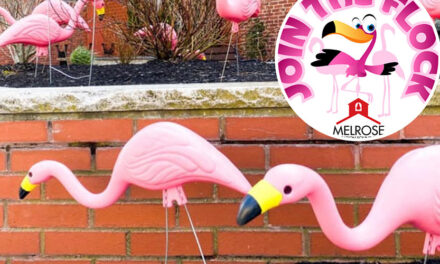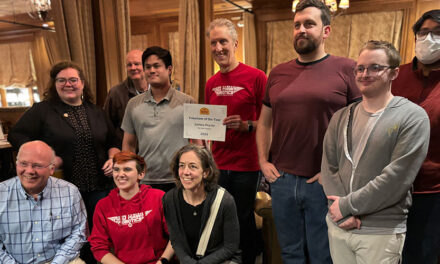Published in the September 14, 2018 edition
MELROSE — The MA Department of Public Health has changed Melrose’s Risk Category for West Nile Virus from Moderate (which the entire state is categorized at this time) to High. There have been no human cases of West Nile Virus in Melrose.
A High Risk Level is used when two or more confirmed animal or human cases of WNV have occurred within a focal area, which may incorporate multiple communities. The latest, and tenth, case was recently diagnosed in an Essex County man in his 60s.
The cities of Lynn, Malden, Revere, Saugus and Winthrop have also been raised to High. The MDPH has four risk categories ranging from Low to Critical.
The public is urged to avoid outdoor activity during peak mosquito hours, wear appropriate clothing, use repellents, and minimize standing water on property.
Avoid Mosquito Bites
• Be aware of peak mosquito hours – The hours from dusk to dawn are peak biting times for many mosquitoes. Consider rescheduling outdoor activities that occur during evening or early morning. If you are outdoors at any time and notice mosquitoes around you, take steps to avoid being bitten by moving indoors, covering up and/or wearing repellant.
• Clothing can help reduce mosquito bites. Although it may be difficult to do when it’s hot, wearing long-sleeves, long pants and socks when outdoors will help keep mosquitoes away from your skin.
• Apply insect repellent when you go outdoors. Use a repellent with DEET (N, N-diethyl-m-toluamide), permethrin, picaridin (KBR 3023), IR3535 or oil of lemon eucalyptus [p-methane 3, 8-diol (PMD)] according to the instructions on the product label. DEET products should not be used on infants under two months of age and should be used in concentrations of 30% or less on older children. Oil of lemon eucalyptus should not be used on children under three years of age. Permethrin products are intended for use on items such as clothing, shoes, bed nets and camping gear and should not be applied to skin.
Mosquito-Proof Your Home
• Drain standing water – Many mosquitoes lay their eggs in standing water. Limit the number of places around your home for mosquitoes to breed by either draining or getting rid of items that hold water. Check rain gutters and drains. Empty any unused flowerpots and wading pools, and change water in birdbaths frequently.
• Install or repair screens – Some mosquitoes like to come indoors. Keep them outside by having tightly-fitting screens on all of your windows and doors.
WNV infection may be asymptomatic in 80% of people, but leads to illness in others. Symptoms may include fever, headache, body aches, nausea, vomiting, and sometimes swollen lymph glands. They may also develop a skin rash on the chest, stomach and back. Less than 1% of people infected with WNV will develop severe illness, such as encephalitis or meningitis. Persons older than 50 years of age have a higher risk of developing severe illness. In Mass., there were at least 10 fatal WNV human cases identified between 2002 and 2017. All but two of these fatalities were in individuals 80 years of age or older; all of them were in individuals over 60.
For further information about West Nile Virus, mosquitoes, and mosquito repellent, please go to the website of the MA Department of Public Health at https://www.mass.gov/lists/mosquito-borne-disease-information-for-the-general-public#prevention-and-control-.




